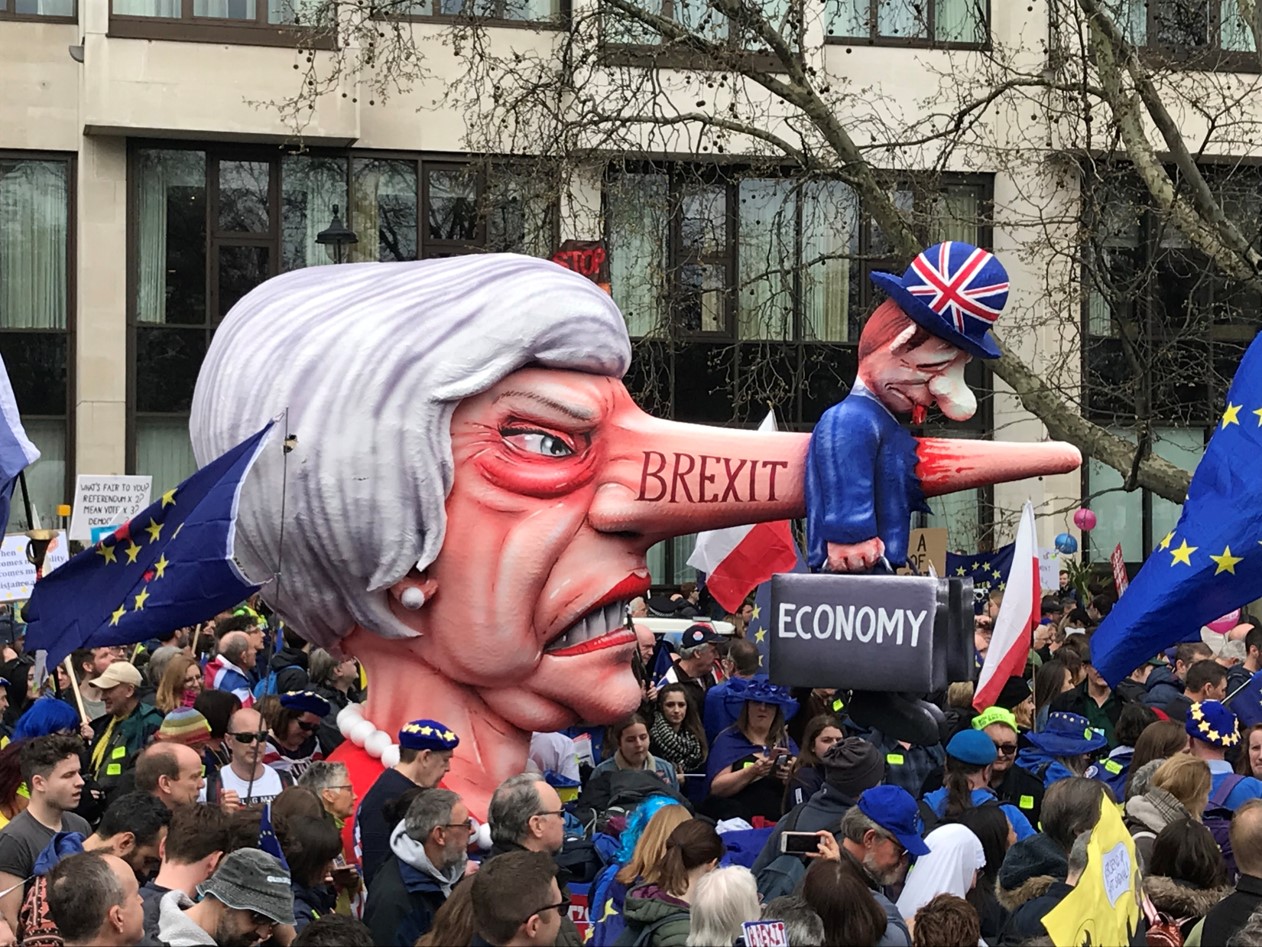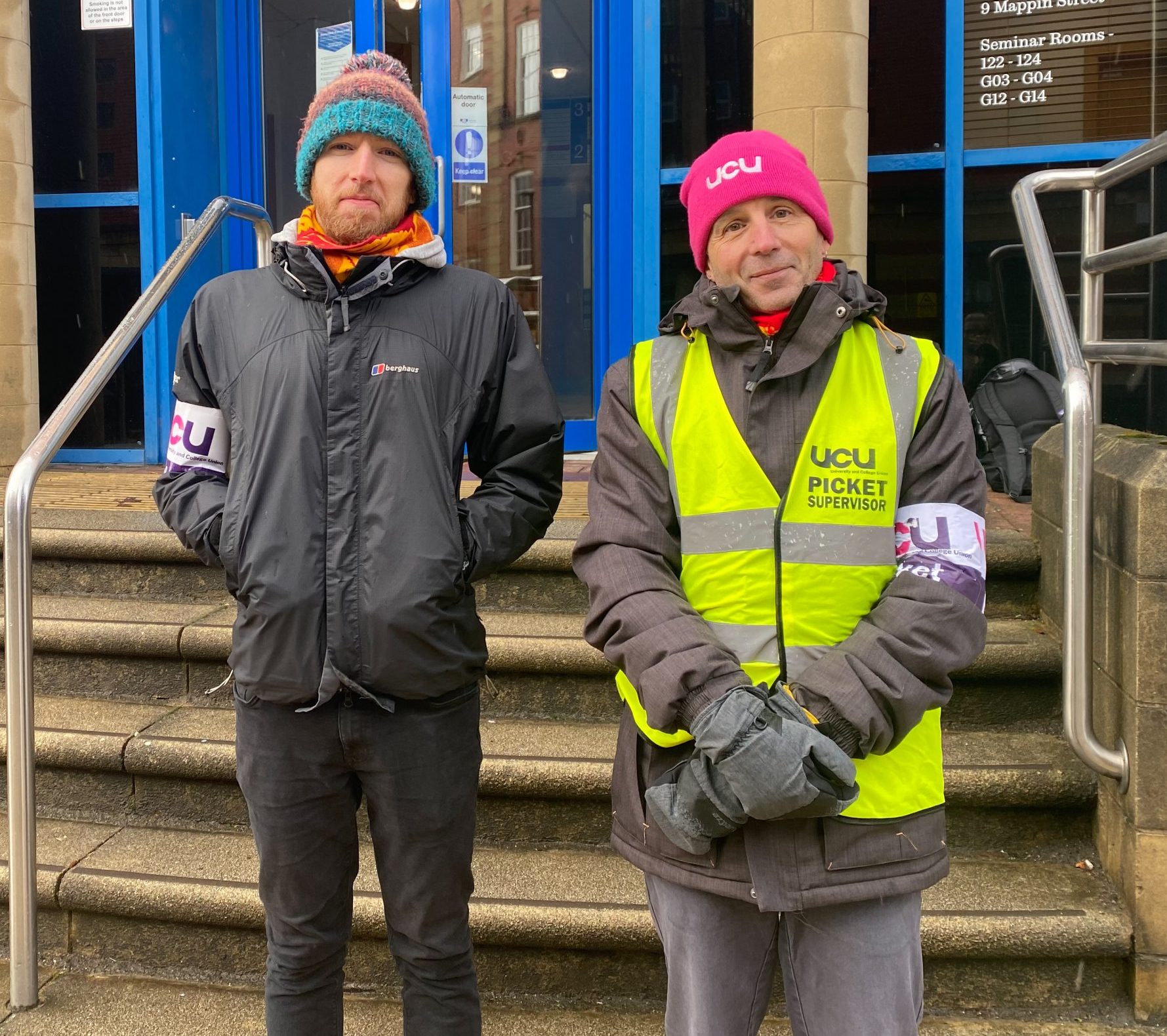Credit: Neill Brown
Last night, a police van burned in Bristol as peaceful protest devolved into rioting, injuring several people. These events come barely a week after a series of passionate demonstrations held in parliament square, themselves sparked by the Metropolitan Police’s widely condemned response to a candlelit vigil in Clapham Common. At the centre of this turbulence is the government’s new Policing Bill – but what exactly is it, and why has it provoked this response?
On the face of it, the Policing Bill doesn’t appear that controversial. It brings changes to time served before conditional release for serious crimes, and introduces harsher penalties sexual offenders. All of this seems eminently reasonable. But wait – there’s more. The bill also includes measures that are a little more contentious – such as plans to impede peaceful protest with a maximum noise limit, and criminalising “serious annoyance” to the tune of 10 years in jail.
Critics have not minced words, and the bill has been labelled an authoritarian attack on the fundamentals of our democracy.
The Conservatives just voted the #PoliceCrackdownBill through its Second Reading.
It’s an authoritarian attack on our fundamental right to protest.
We cannot let this silence us. We must continue fighting – loudly, defiantly – for our rights & for justice for all. #KillTheBill
— Zarah Sultana MP (@zarahsultana) March 16, 2021
The right to protest is fundamental to a free and fair society.
But a new Bill could give police sweeping power – including power to shut down peaceful protests.
We CANNOT let this happen.
Take action now to stop the assault on our freedoms ✊https://t.co/XqbGIkCywR pic.twitter.com/fHmJWsJJNS
— Amnesty UK (@AmnestyUK) March 15, 2021
“It’s pretty dreadful,” said Jamie Sims, 26, who has spent 3 years as the communications officer for the Sheffield branch of ACORN community union. “Aside from anything else, it just seems very unnecessary.”
“I don’t think the police should have any powers on protest, but they definitely don’t need more. They do fine with what they’ve got.”
Jamie considers the bill a political measure, rather than something motivated by a genuine concern for public safety. “It seems like it’s almost a response to Extinction Rebellion,” he said. “But then, the stuff Extinction Rebellion did – supposedly, it was already illegal, because they were mass arrested.”
But it’s not just legislative overkill. Jamie said the bill poses a threat to democracy via the limits it imposes on direct action – that is, the mode of politics which eschews parliamentary or electoral negotiations for more physical engagement with an issue, like strikes, sit-ins, or street blockades.
“Direct action is really important. It’s a way to even the power imbalance,” he said.

Credit: ACORN Sheffield
Jamie discussed the rationale behind ACORN’s own direct action: “The people we’re targeting, they’ve got political power. They’ve got money. They can decide, ‘we want to evict someone,’ or the council can be like, ‘no, we’re not going to implement licensing for landlords,’ or whatever. And then what we’ve got is people power – and the way that we express that superior strength in numbers is taking direct action.”
And this direct action has seen success. Recently, for example, a protest which obstructed the entrance to Sheffield town hall with complaints about “dodgy landlords” saw victory as the City Council agreed to ACORN’s demands to expand landlord licensing.
In fact, history is littered with examples of disruptive direct action where those lacking political power forced the hands of those who held it. The Suffragettes, who won women the right to vote in 1918, damaged property during their demonstrations (though Suffragette action could sometimes escalate into violence against people, too); some of the first minimum wage laws in the UK were brought about by strike action; the Conservative government’s poll tax was abolished in 1990 after millions of people simply refused to pay it.
Contemporary examples include last year’s student action over unfair grading, where the government amended their scores after spirited marches on parliament. Extinction Rebellion’s controversial street blockade in April 2019 quickly prompted the government to declare a climate emergency. The Policing Bill itself has been affected by direct action; following the furious backlash, its implementation has been delayed.
Had we settled for a doorstep vigil, this bill would not have been delayed. Had we contented ourselves with crowfunding, this bill would have passed within weeks.
Direct action gets the goods. In awe of @SistersUncut.
— Rivkah Brown (@RivkahBrown) March 18, 2021
It is exactly these kinds of protests that the Policing Bill seeks to subdue.

Credit: Extinction Rebellion Sheffield
“New ideas are formed, and new issues are forced, by disruption,” said Nathan Strathdee, 21, a member of Extinction Rebellion Sheffield’s media and messaging team. “It gets people’s attention. It forces change.”
Unsurprisingly, Nathan is no fan of the Policing Bill. “It’s a real threat to how a healthy democracy should work,” he said.
“Not just for BLM, not just for Extinction Rebellion, not just for the movement for gender equality we’ve seen since Sarah Everard’s death.”
“Nonviolent direct action is key to democracy, and a way for people to take power for themselves, forcing government to take action on issues.”
So what happens when the government does outlaw peaceful protest? Dr Marina Pentoulis is the Associate Professor of Politics and Media at the University of East Anglia, and she believes that the events of last night in Bristol – denounced as “thuggery and disorder” by Home Secretary Priti Patel – gives us a sobering look at that eventuality.
“This is the effect that a bill like that has,” she said.
“On the one hand, you have a party which says, ‘law and order,’ and that’s why we need to police demonstration, and so on. But if people cannot demonstrate peacefully, and express their opinions, then it is as if you’re saying to them; ‘now, you have to go harder. Now, you have to riot. Now, you make violence, in order to register what you are doing.'”
“This is the effect of very heavy-handed legislation that the government is trying to pass.”
If the reactions to the bill seem dire, Dr Prentoulis is even less favourable about its actual contents.
“It is going against our human rights,” she says of the bill’s strict limitations.
“A society where you cannot demonstrate is an authoritarian society. It’s not a democratic society. It’s not a pluralistic society.”
“There was quite a lot of disruption going on,” she agrees, referring in particular to Extinction Rebellion. “But because of this disruption, it forced certain issues to the public imagination. Now, you could say, ‘yeah, but you can do it without disruption!’ Yes, you can. But then, if you don’t attract media attention, people do not pay much attention.”
“The idea there was that we were talking about an emergency situation,” she said. “You have to force it.”




